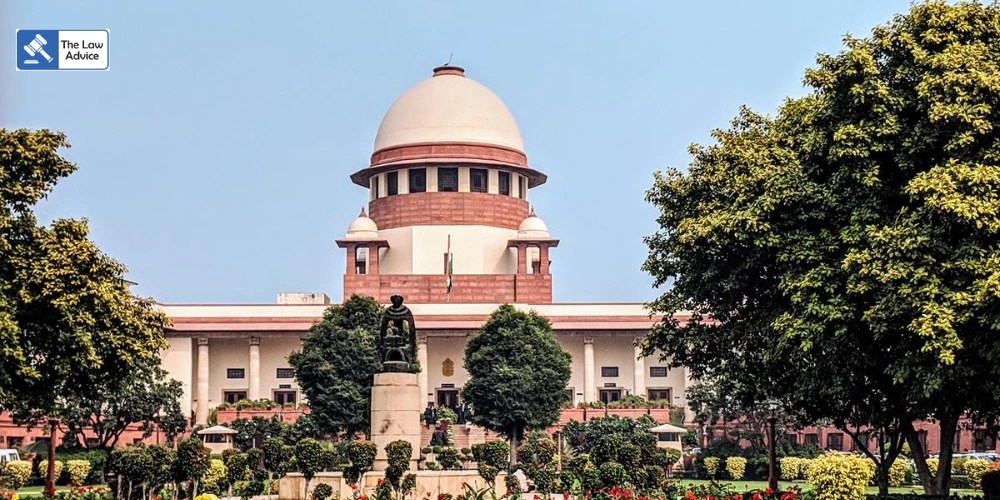
The Supreme Court has questioned the Union Government on the basis and reasoning behind the Tribunals Reforms Act, 2021, particularly in light of the fact that several provisions in the Act appear to reintroduce measures previously struck down by the Court in earlier judgments.
A Bench of Chief Justice of India B.R. Gavai and Justice K. Vinod Chandran was hearing the Madras Bar Association’s challenge to the validity of the 2021 Act. The Association’s case is that the Act disregards previous rulings which held, among other things, that members of tribunals must have a minimum tenure of five years and that advocates with at least ten years’ experience should be eligible for appointment.
During the hearing, Justice Chandran asked the Attorney General R. Venkataramani to explain the rationale behind the reforms:
“What prompted you to bring this reform? You said it was deliberated, but what exactly was the thought process?”
He further observed that isolated concerns cannot justify a legislative overhaul unless supported by comprehensive evaluation.
In response, the Attorney General submitted that the 2021 Act resulted from ongoing dialogue between the judiciary and Parliament on the need for a uniform framework governing tribunal appointments. He stated that the Act aimed at “rationalisation and uniformity,” arguing that the reforms were not in conflict with the Court’s earlier directions.
However, the Bench noted that several provisions which had been invalidated in Madras Bar Association (MBA) III and Rojer Mathew v. South Indian Bank Ltd.—including limiting tenure to four years, prescribing a minimum age of fifty years for appointment, and allowing the selection committee to recommend two names per vacancy—had been substantially reintroduced.
The CJI asked:
“If a provision has been struck down, can Parliament introduce the same substance again with only minor linguistic changes?”
The Attorney General responded that evolving administrative experience warranted different approaches, including maintaining a higher minimum age to ensure appointees possess broader professional and societal exposure. He also submitted that relatively few advocates would leave private practice for tribunal appointments, and that anecdotal exceptions should not dictate policy.
In an earlier hearing, Senior Advocate Arvind Datar argued that permitting two names to be recommended per post could lead to candidates lower in merit being appointed ahead of those ranked higher, and urged that appointments must strictly follow merit list rankings.
The hearing is scheduled to continue at 3 PM.
This issue had surfaced earlier in 2021 when the Supreme Court had expressed displeasure at the Parliament reenacting provisions that the Court had already struck down, noting that the government appeared not to have complied with judicial directions.
Case Title: Madras Bar Association v. Union of India & Anr., W.P.(C) No. 1018/2021
Website designed, developed and maintained by webexy